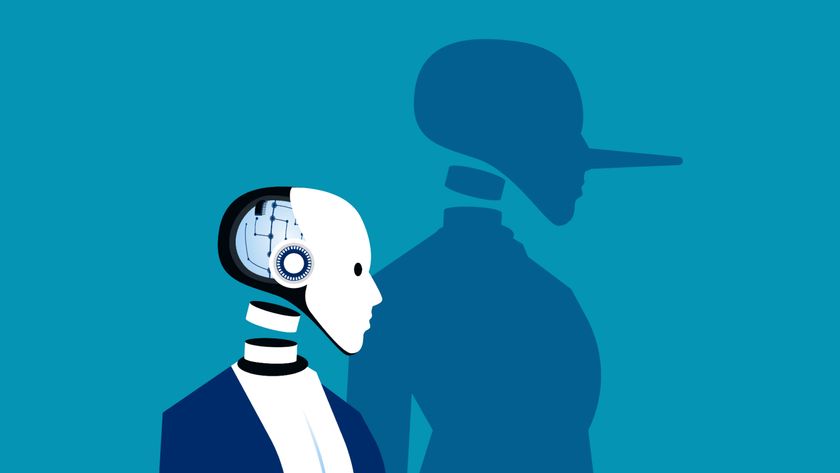Depressed Children Earn Less Money Later in Life

Children with psychological disorders, such as depression, are less likely to marry and will earn less on average as adults than their mentally healthy counterparts, a new study suggests.
The lost income adds up, as the researchers calculated $2.1 trillion in economic loss for the one in 20 Americans who experience these psychological problems as children, over their lifetimes.
"This study shows childhood psychological disorders can cause significant long-lasting harm and can have far-reaching impact on individuals over their lifetimes," said study researcher James P. Smith, the corporate chair of economics at RAND, a nonprofit research organization. "Our findings illustrate what the enormous potential might be of identifying and treating these problems early in life."
Researchers were able to test whether their findings were caused by some type of unmeasured family or neighborhood impacts by examining the life course of siblings where one reported childhood psychological problems and another did not.
Specifically, those who reported having psychological problems in childhood:
- Averaged a 20-percent reduction in income over their lifetimes.
- Averaged $10,400 less income per year when compared with siblings who did not have similar problems. The lower income was partly a consequence of working an average of seven weeks fewer per year.
- Were 11 percent less likely to marry than their siblings who did not suffer such problems.
- Reported about half a year less of schooling than those who did not report problems.
- Were seven times more likely to develop an adult psychological condition than a person without a childhood history of these conditions,
If about one in 20 adult Americans experienced these psychological problems during their childhood years (about the current prevalence), the total lifetime economic damages for all those affected would be $2.1 trillion.
Data for the analysis came from a large study that has followed American families for more than 40 years. The researchers collected economic and demographic information from a nationally representative sample of about 3,800 people from 5,000 American families starting in 1968. Participants had to be younger than 16 in 1968, or at least 25 by 2005.
Sign up for the Live Science daily newsletter now
Get the world’s most fascinating discoveries delivered straight to your inbox.
In 2007, participants were surveyed about their psychological and medical history. Study participants indicated whether they had any of 14 important physical illnesses before age 17 (such as bipolar disorder) and whether they had suffered from depression, drug or alcohol abuse, or other psychological conditions when they were young.
Six percent reported some psychological problem as a child — consistent with the proportion found among the nation as a whole. About 4 percent reported having depression, 2 percent reported alcohol or drug abuse and another 2 percent reported other psychological problems. Some people reported having more than one of the conditions during childhood.
"Not all of the people who have psychological problems during childhood will carry these problems into adulthood," Smith said. "But they are 10 to 20 times more likely than others to have these shortfalls during adulthood."
Researchers say the principal cause of the economic shortfalls during adulthood appears to be recurring psychological problems.
The results are published online in the journal Social Science & Medicine.
- Top 10 Controversial Psychiatric Disorders
- Top 10 Mysteries of the Mind
- Childhood Obesity Takes Psychological Toll, Too












